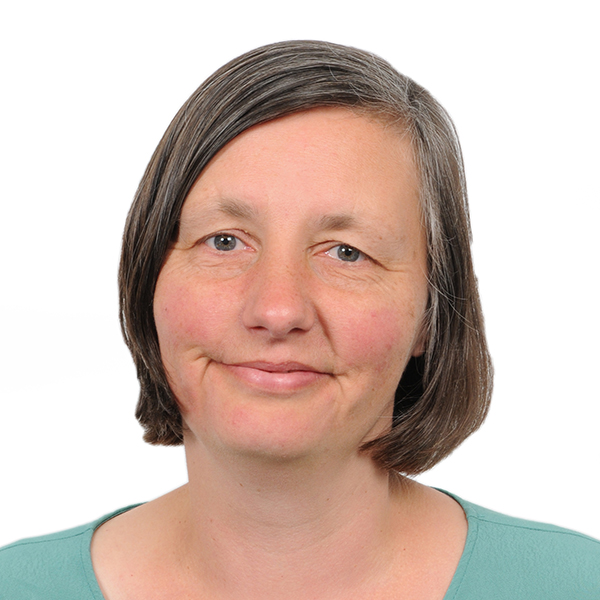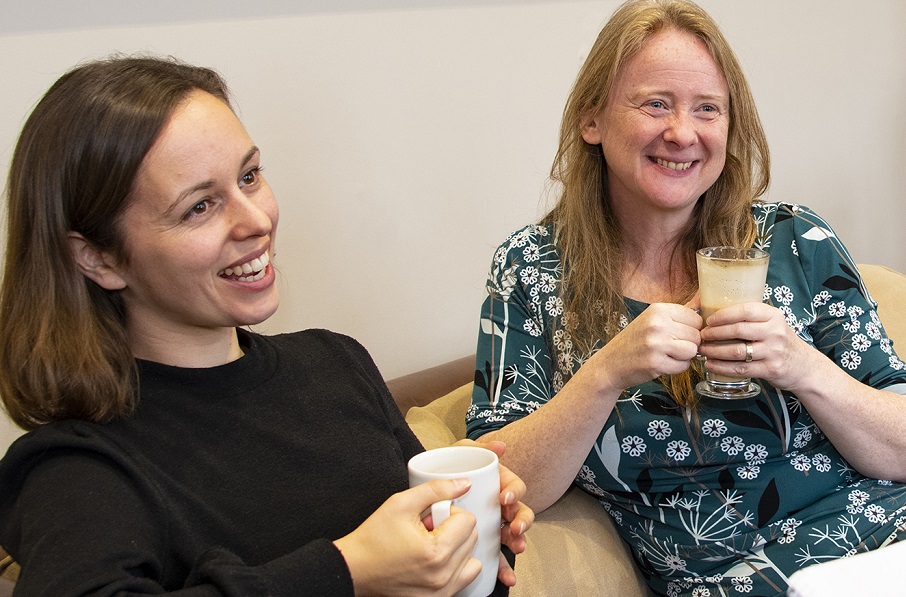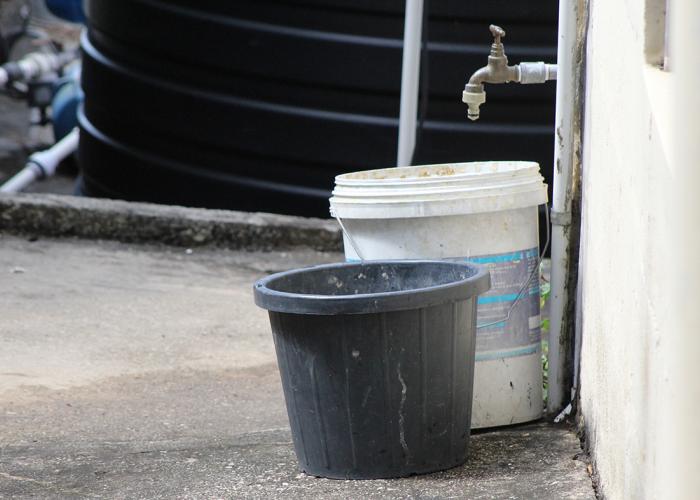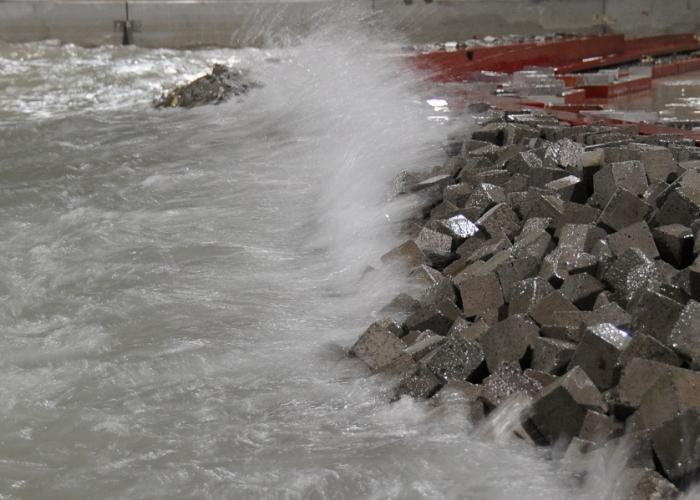COP26 analysis: financing climate adaptation needs to be taken seriously
COP26 may be over, but now the hard work really starts. Climate risk expert, Helen Udale-Clarke, gives her take on the ‘what next’ for our planet.
It’s heartening that more action on climate mitigation has been pledged than ever before at COP26. But turning pledges into reality is a long and hard road and making bigger and bigger pledges is futile if delivery isn’t happening on the ground.
However, what I would really like to see is more action on adaptation. Our climate has already changed, and we remain locked into significant consequences, even based on our most optimistic projections.
‘We are out of time’ said The Rt. Honourable, Philip Davis, Prime Minister of the Bahamas in his rousing speech at COP26 (if you haven’t seen it, it’s well worth a watch). And I agree. But we can buy back time if we dramatically increase the flow of climate finance from those most responsible for causing climate change to the poorest and most marginalised in our societies, who will suffer most.
For us at HR Wallingford, it’s simple. Without funding, we can’t innovate to protect those exposed to the effects of climate change. As a not-for-profit, we are able to invest in innovation through our own research programme, but we can’t go it alone.
There is wonderful work underway from my HR Wallingford colleagues, as well as peers across our industry, which is bringing hope to people across the globe. In fact, the scale of pioneering thinking I’m surrounded by astonishes me on a daily basis.
Funding from the Green Climate Fund, the FCDO and the DIT is helping us predict and monitor coastal flooding, river flooding and mudslides from extreme weather around the world (including in the Bahamas). With this information, governments and NGOs can get help to the people who need it most and plan for the future.
We’re also working with the Caribbean Development Bank to help keep the taps on in the Caribbean in the aftermath of hurricanes, by training those working on the ground.
In war-torn and water scarce Yemen, our water resources team is using space technology to monitor groundwater levels and help people affected by drought and famine, all courtesy of FCDO funding, through the Satellite Applications Catapult.
To help stop the spread of dengue fever – a disease that’s becoming more widespread due to climate change – we’ve created an early warning system called D-MOSS. Developed with funding from the UK Space Agency’s International Partnership Programme (IPP), it predicts outbreaks up to six months in advance, allowing health officials to take action and, ultimately, reducing suffering and saving lives.
In fact, exploring the brave new world of space technology is going to be key in adapting to climate change. I truly believe that the possibilities opened up by this new data are going to make a huge difference.
For instance, recent prototype projects have used earth observation to predict the impact of flooding in India, with funding from the Weather and Climate Science for Service Partnership (WCSSP) and the UK Space Agency. We have also developed prototype tools for water resource managers using satellite-based forecasts from the European Centre for Medium-Range Weather Forecasting (ECMWF).
And that’s not even going into the work we are doing on coastal defences and ports to protect people, ecosystems and infrastructure all around the world.
I look around and see innovation at its best – but, to solve a problem on this scale, we need fresh-thinking and more state-of-the-art technology.
I truly hope that the pledges made at COP26 to reduce greenhouse gas emissions will eventually put a stop to climate change once and for all. But we also urgently need to help people adapt to our changing world, become more resilient and alleviate the suffering that we’re already seeing.
We may be racing against the clock when it comes to climate adaptation, but the good news is that there’s plenty of cutting-edge research and innovation to go around – let’s use it.
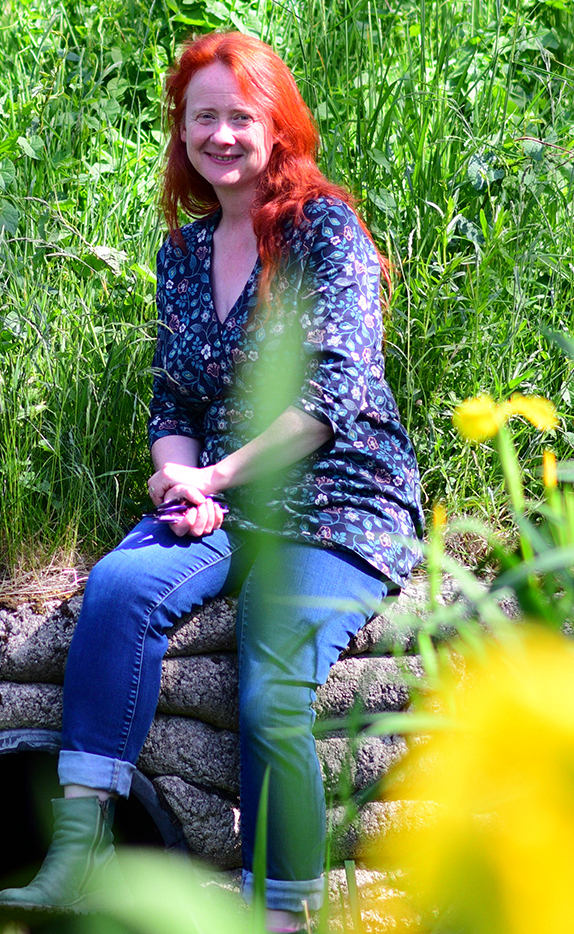
Helen is a tour de force when it comes to climate change risk. She has been assessing climate risks at site, company, regional and national levels for over 15 years and managed the UK’s first ever national climate change risk assessment. She can also be found delivering training in climate change risk assessments and adaptation planning.
Want to know more?
